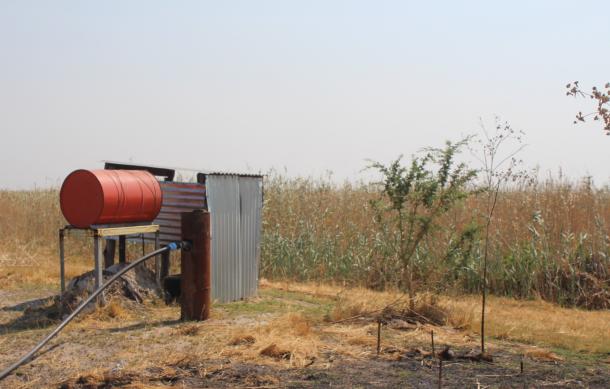
The Ministry of Agriculture, Water, and Land Reform's (MAWLR) head of rural water supply and sanitation in Oshikoto, Stevenson Tuukondjele, said that by the look of things, they might experience water crises worse than last year.
Tuukondjele said that residents of the Eengodi, Okankolo, and Nehale lyaMpingana constituencies in the Oshikoto Region might experience a more serious water crisis this year compared to the one they experienced last year.
He said in an interview with Nampa on Wednesday that with the very low rainfall they received this year, the ponds and other platforms that used to store rainwater have dried up, so the water crisis might be worse than last year.
“The ponds used to supply people and their animals with water during the rainy season, and later they would use water from NamWater, but they have already started utilising NamWater at this time, especially those that are at the edge of NamWater pipelines,” Tuukondjele said.
Tuukondjele also urged the community to be vigilant by always keeping an eye on the elements of the boreholes, such as the pumps.
He added that the ministry has drilled 52 boreholes in these areas, and the majority of them are in operation, while a few are in the process of completion.
“The government is trying hard in these areas to mitigate the water scarcity, but our community members are stealing these pumps and selling them to commercial farmers,” he said.
Tuukondjele urged the communities to work with the police to help stop these criminal activities.
Okankolo Constituency Councillor Hans Nambondi said that they have many villages and centres that do not have water at the moment.
“Due to the low rainfall we experienced this year, the underground water is sinking so fast, so some traditional wells and ponds have dried up already,” said Nambondi.
He pointed out that residents from Iilya, Onamakulikwa, Iiyambo, Nomuyamba, Omunduda, Ekoko, Onampombo, Oshipanga, and many more are travelling vast distances to look for water in other areas.
“We are afraid that the few sources of water we have in some areas might be dried up because they are catering for many people,” said Nambondi.
Nambondi, however, said that they are happy that the government is drilling boreholes along the aforementioned villages and hoped they would be operational in the next few months.





